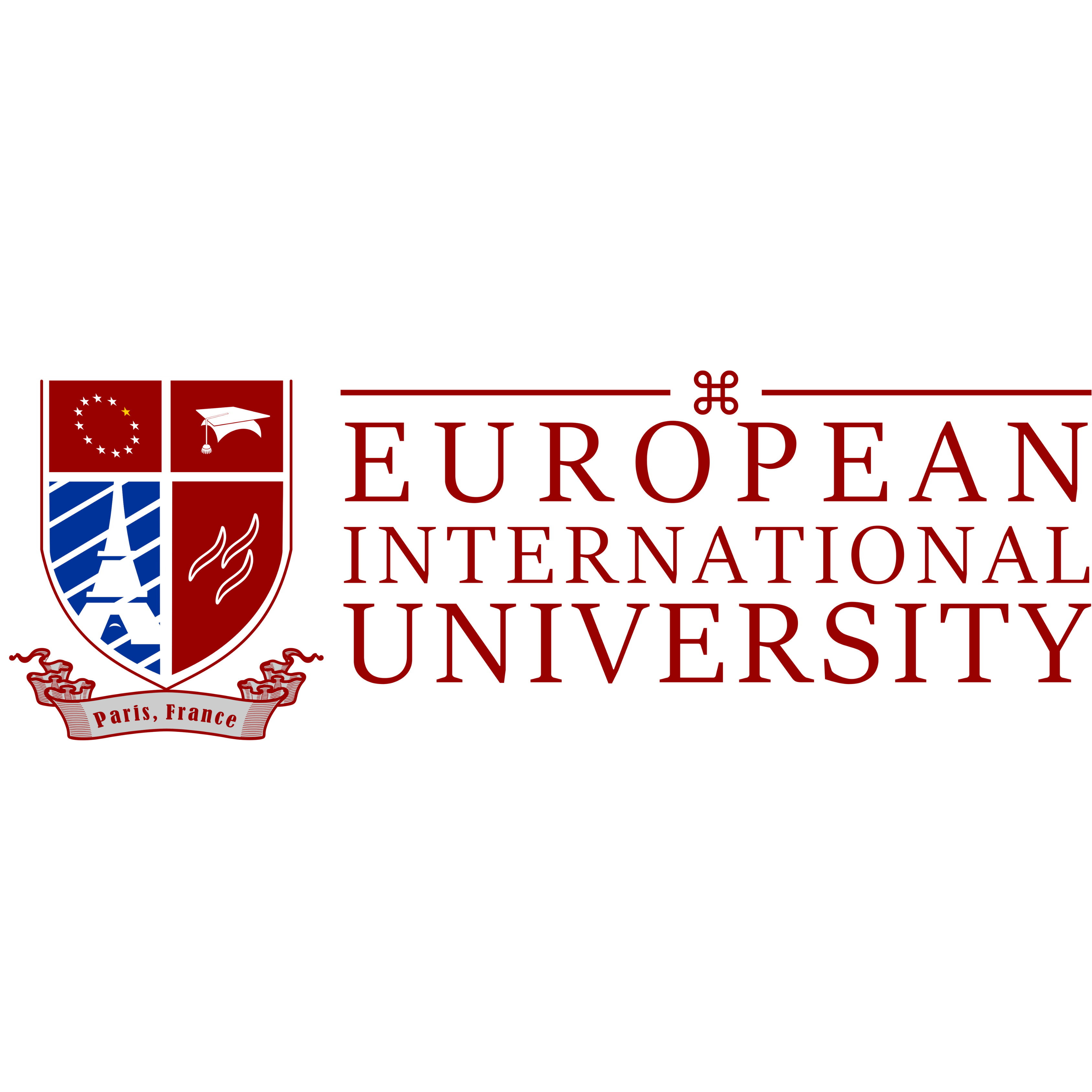
The Doctorate in Mental Health is a prestigious doctoral-level program designed to develop experts in the study, treatment, and advocacy of mental health care. This degree combines rigorous research, clinical training, and policy analysis to prepare professionals for leadership roles across healthcare, academic, and community settings.
Candidates engage deeply with contemporary mental health theories, psychopathology, evidence-based therapeutic techniques, and innovations in mental health treatment. The curriculum often includes advanced coursework in clinical assessment, counseling methodologies, psychiatric research, and mental health policy development. Students also undertake original research, culminating in a dissertation that addresses critical issues such as mental illness prevention, intervention efficacy, or systemic mental health challenges.
Graduates of this program are equipped to work as clinical psychologists, mental health counselors, academic researchers, or policy advisors. They play a vital role in shaping mental health services, advocating for patient rights, and improving access to care worldwide. The program emphasizes an interdisciplinary approach, integrating psychology, neuroscience, social work, and public health perspectives to create holistic mental health solutions.
Ultimately, the Doctorate in Mental Health fosters advanced clinical expertise and scholarly excellence, empowering professionals to contribute meaningfully to mental health awareness, treatment innovation, and the overall well-being of individuals and communities.